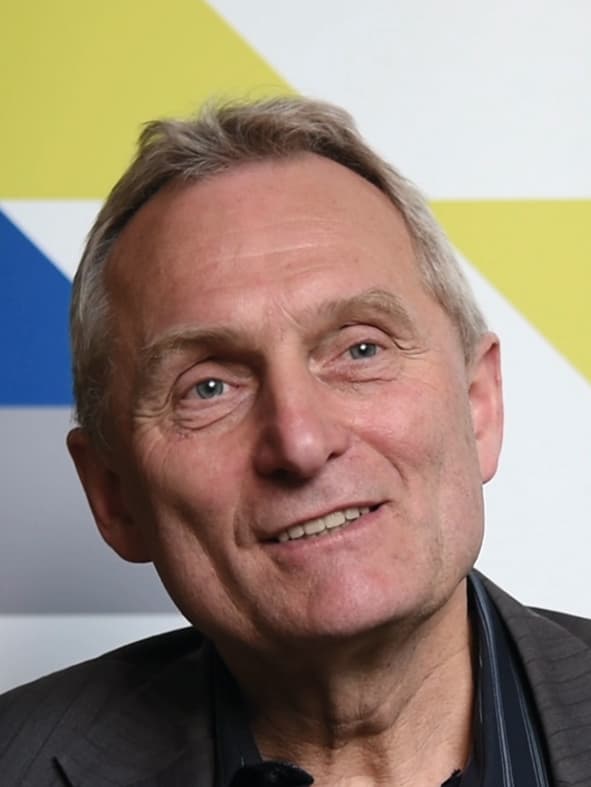All rights reserved.
Dear EMS members,
Let me focus my editorial on some reflections on the virtual European Congress 8ECM that took place in Portorož. Despite the difficult circumstances of which we all know, the congress was extremely well-run; the organizers did a wonderful job, and the number of registered participants was record-breaking. Thus we may truly speak of the great success of the congress, even though sadly some major aspects were lacking (or available only to the few people who were physically present): personal meetings with colleagues, lively exchanges of ideas, initiation or continuation of scientific cooperations, and the networking that is so important, in particular for the younger generation. I was hoping that the virtual congress would be able to provide at least some help with these social aspects, but unfortunately this did not work out in a fully satisfactory way.
This brings me to some general observations on the congress that I would like to share, and in the course of which I would also like to ask some (possibly provocative) questions, with the goal of starting a discussion.
The number of people that were logged in for the plenary, invited and prize talks was very disappointing. Most of these talks, with only three or four exceptions, were attended by less than 100 participants. This observation also holds for the 7ECM that I organized in Berlin, which was a real and not a virtual congress. Therefore it seems natural to discuss whether such a big congress, with almost 50 major talks, is the right format.
Do we need to organize such a big congress (with a major CO2 footprint when real and not virtual) if these major talks are not sufficiently interesting to enough people? I definitely believe that we need to reduce the number of talks. Indeed, I sometimes have the feeling that the main aspect of these talks is to provide the speaker with a quality stamp of being a leader in the field. Is this what we want as a community? Is the mathematical community perhaps so large, and its spectrum so broad, that the idea of having a joint congress for all mathematicians may actually be obsolete?
Did all of those invited speakers truly realize their ambassador role? Having listened to more than 20 of the talks, which were of very mixed quality, I doubt this. Speakers should be told much more clearly that they are speaking to a broad mathematical audience and not to a small number of specialists. They should then reflect carefully upon whether they really want to give the talk if they are not able or willing to make this effort. If the invitation to give the talk is nothing more than a quality stamp, then maybe it should not be extended at all.
We should also discuss the inflation concerning the number of prizes that are now awarded in the academic community. Within the EMS, we present 12 prizes, of which 11 are for young scientists. In itself, this is reasonable. However, we do need to ask whether these prizes reflect the strength of the research or the lobbying talents of the various groups that make the nominations? Then again, if only very small numbers of people are sufficiently interested to listen to the prize talks, are we doing the right thing at all, or are we again merely offering the prizewinners subjective quality stamps? Do we really need so many prizes?
One aspect of the congress that surprised me in a very positive way was the special sessions that I attended. The quality of these was really great, and there were many lively discussions. This seems to be an aspect that is worth strengthening, which is why we want to start a series of EMS topical conferences.
My goal in asking these questions is to start a discussion about the way in which we, the mathematical community of Europe and the world, want to proceed into the future. Please feel free to send me your opinions on all this. If there is sufficient interest, then I will initiate a committee to discuss the next steps.
Volker Mehrmann
President of the EMS
Cite this article
Volker Mehrmann, A message from the president. Eur. Math. Soc. Mag. 121 (2021), p. 3
DOI 10.4171/MAG/49
